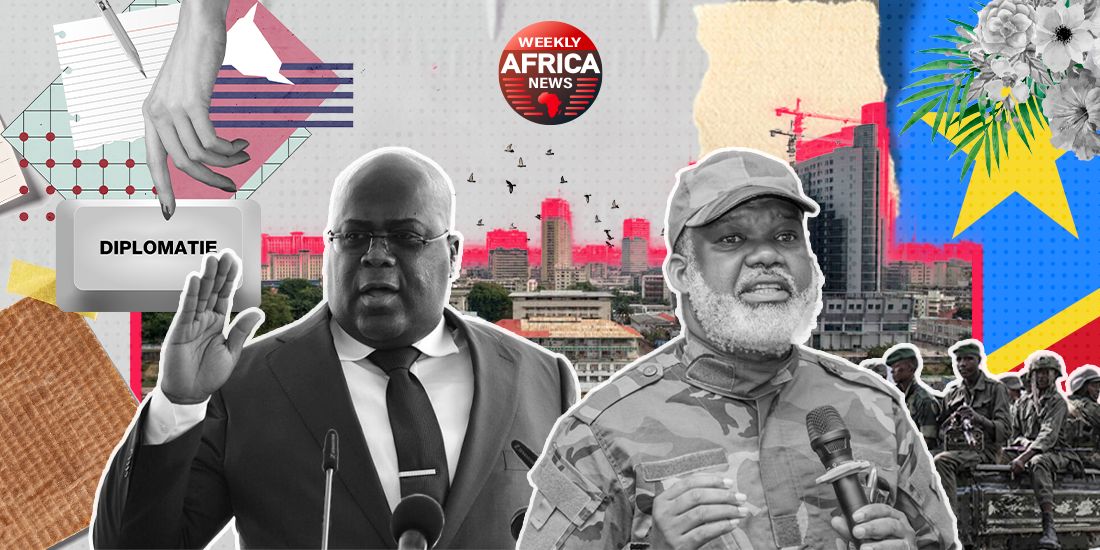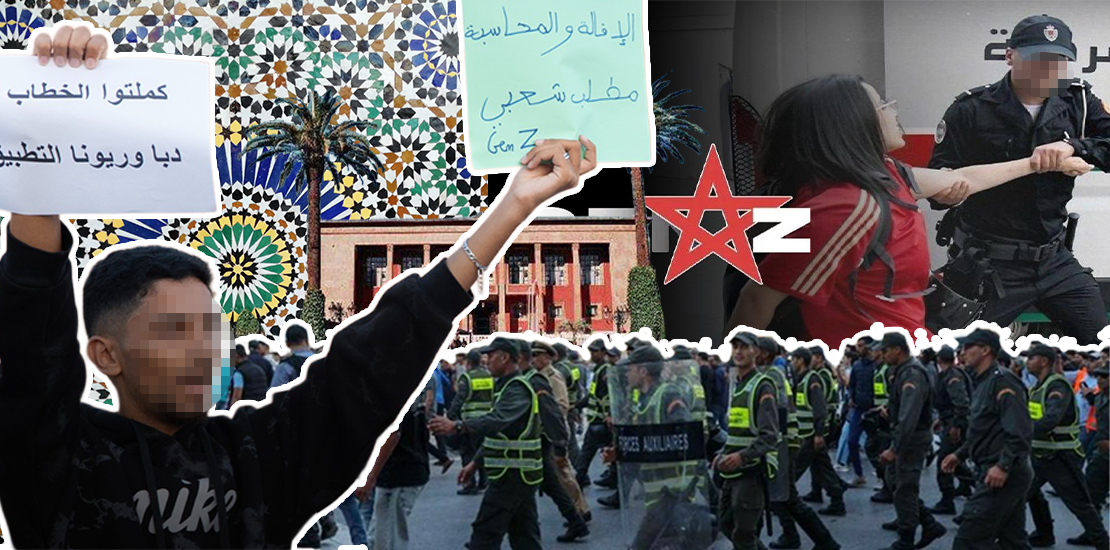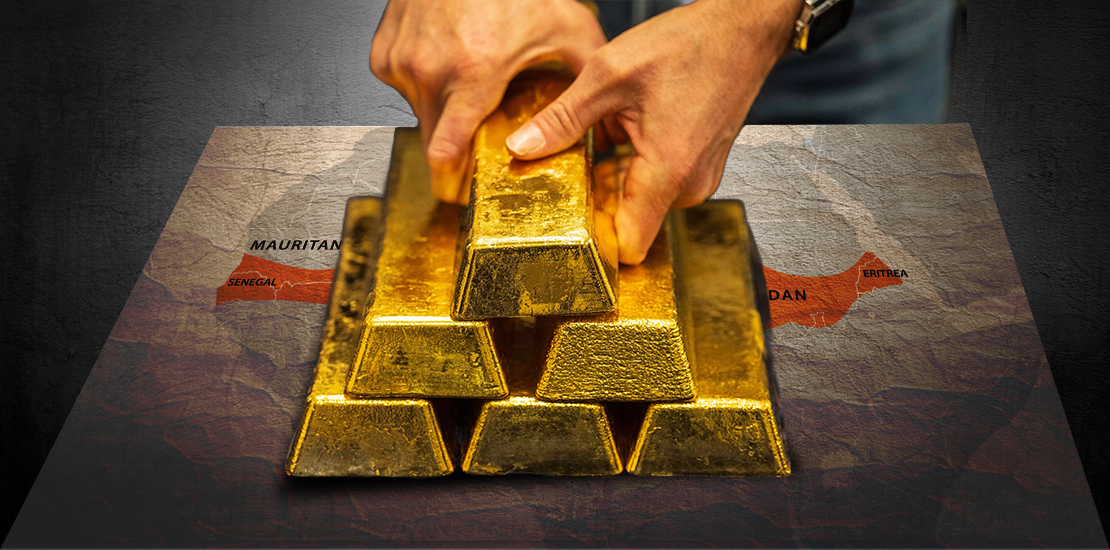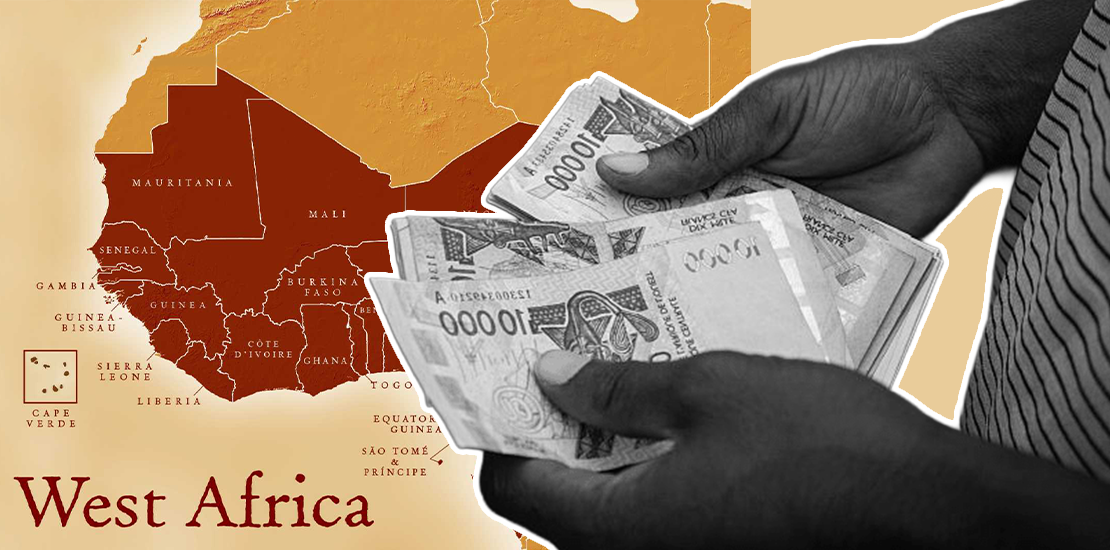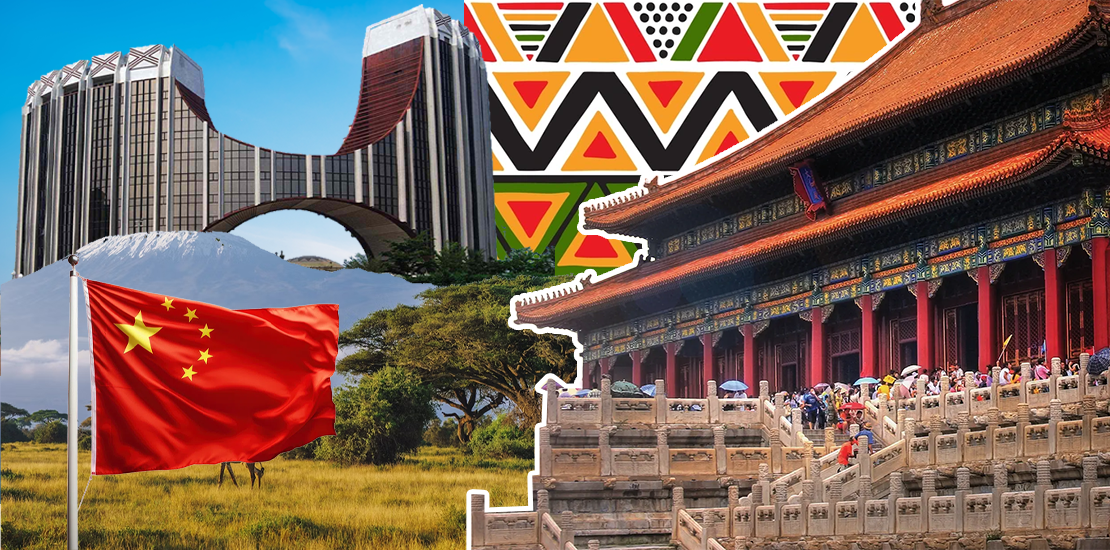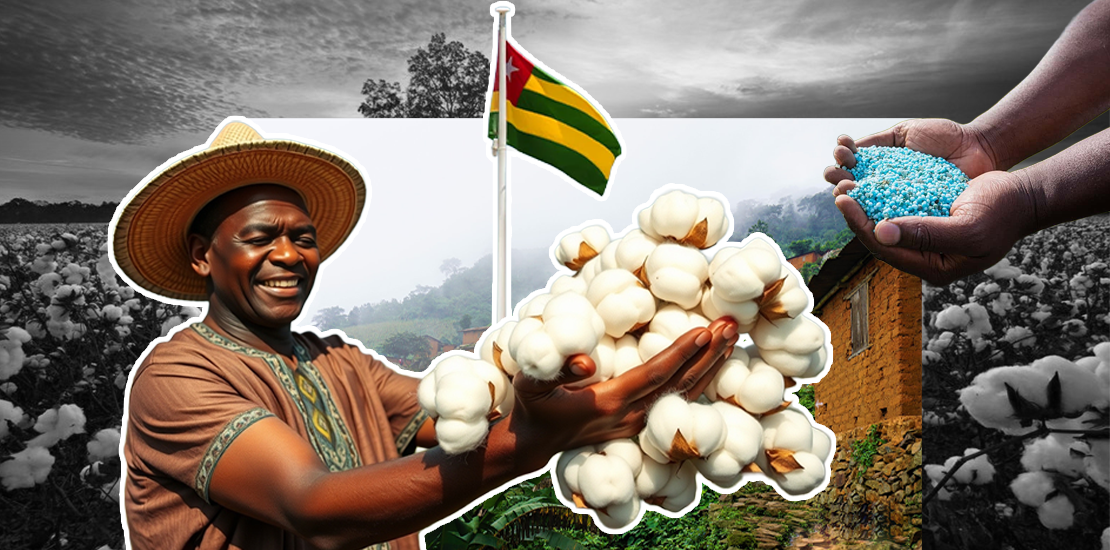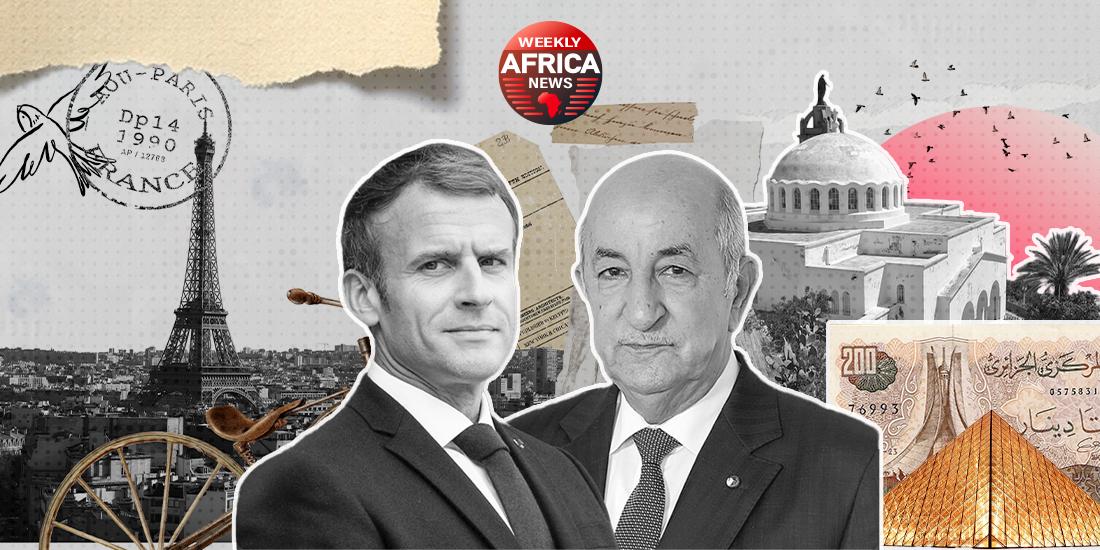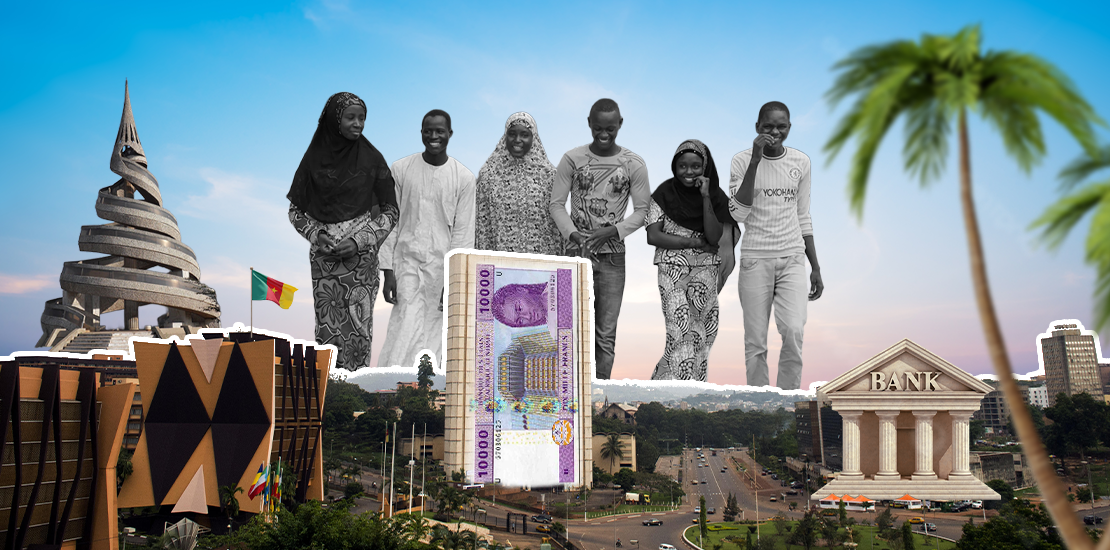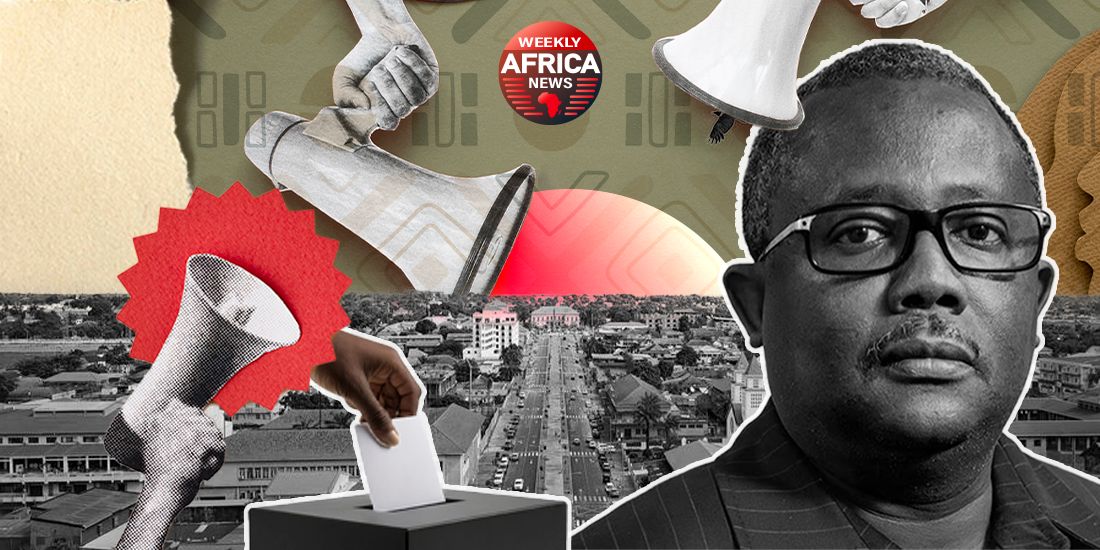In the wake of forgotten wars and porous borders, gold panning in the Sahel has become a discreet theater where alliances of interest are forged between armed groups, private security companies and formal or informal mining operators. At the heart of this underground economy, gold – easily extracted, easily transported, rapidly monetized – finances security as much as it insecures it. The stakes are not just criminal: they are reconfiguring the region’s political balance and economic trajectories.
In rural areas of Mali, Burkina Faso and Niger, the reality documented by UN reports and specialized organizations converges: armed actors “privatize” the security of gold-mining sites, collect taxes, or control logistics, from fuel to mercury. UN estimates put the revenue from these “security services” in northern Mali, alongside gold mining, at several tens of millions of dollars a year. At the other end of the chain, gold “laundered through transit” feeds markets in the Gulf and Asia, via refining hubs that absorb hundreds of tons of African gold, blurring the line between legal and illegal flows. At the same time, some Sahelian states are reconfiguring their legal and coercive frameworks, without drying up the grey economy that irrigates the peripheries.
On the ground, the architecture is often the same. First, an armed force “cleans up” a site, whether it be a community militia, a jihadist group, a coalition of signatories to local agreements, or private contractors operating at the request of politico-military actors. Secondly, management: tolls at quarry entrances, percentage on extracted gold, monopoly on the sale of fuel and artisanal explosives, securing of supply routes, resale of gold to “captive” traders. Finally, integration into regional trading circuits where gold changes status faster than it changes label. The result is a cycle of dependency: miners pay for the security that enables them to work; payment strengthens armed groups or proxy companies; and this consolidated strength locks down the site for the long term.
In Burkina Faso’s eastern and southern gold-mining zones, miners tell how men-in-arms “changed the rules”, authorizing mining in reserves in exchange for a tithe in gold or exclusive sale to their brokers. “We called them our masters”, confides one gold miner, describing shafts “full of fighters” who “controlled everything”. Elsewhere, in northern Mali, witnesses describe “tombolomas” (organized armed guards) or militias of hunters (dozos) who pay for access to the veins. These fragments of orality come together: security becomes a commodity, and gold its currency.
When it comes to “security”, the spectrum is wide. Private companies commissioned by industrial operators secure perimeters and convoys, sometimes in addition to public forces. Local self-defense militias capitalize on their community roots to become de facto service providers, collecting rights of way or fees in kind. Jihadist groups alternate coercion and services: they prohibit alcohol, regulate “transactions”, tax extraction and secure trails, gaining a social base as much as a war chest. Finally, the galaxy of foreign private military companies, more visible since 2021-2022, is part of “security-resource exchanges”: armed assistance in exchange for access to deposits, concessions or parafiscal charges. The model is best documented in the Central African Republic; in the central Sahel, it takes shape via opaque arrangements, sometimes contested even within national security apparatuses.
The rise of the juntas in Mali, Burkina Faso and Niger has accelerated a double shift: sovereign refocusing on mining revenues (new royalties, tighter state controls, suspension of certain artisanal permits) and diversification of security partners, to the detriment of UN and Western mechanisms. The gamble is clear: convert gold more rapidly into budgetary liquidity and security support. But the knock-on effect is well known: the collapse of safeguards (auditing, traceability, export controls) creates an incentive for less scrupulous operators, increasing the risk premium rather than productive investment.
For miners and local residents, the “protection economy” drains already precarious incomes, fuels inter-community violence, and trivializes child labor and exposure to mercury. For governments, the leakage of value (under-declaration, smuggling, under-invoicing) undermines essential tax revenues and feeds illicit financial circuits. For the region, it sustains a low-key conflict: gold finances those who claim to secure the mines against other predators, indefinitely prolonging the need for “protection”. As for the international community, it comes up against the plasticity of the networks: each reinforcement of a link (refineries, airlines, customs transit) shifts the flows to another.
Three levers stand out. First, the intelligent formalization of gold panning: collective titling, supervision of intermediaries, pilot public purchasing, regional refineries under supervision, and credit windows that cut dependence on criminal lenders. Secondly, extra-regional traceability: stricter KYC standards for refineries and merchant banks, interoperability of export registers, control of mirror discrepancies (Comtrade, Customs) and targeted sanctions against “security brokers” who launder gold. Finally, the gradual demilitarization of sites: substituting, as far as possible, controlled and audited public forces for armed private contractors and militias, with strict human rights clauses in all mining security contracts.
The Sahel lacks neither gold nor expertise. It lacks institutional confidence and aligned incentives. As long as security remains a service sold by the ton mined, gold will continue to buy guns and guns will continue to buy gold. Breaking this circle means re-politicizing the issue: making gold panning a public policy issue rather than a simple “security” dossier outsourced to players whose interest is that the fire smolders without ever being extinguished.

